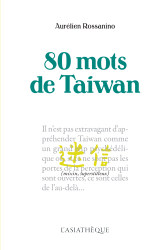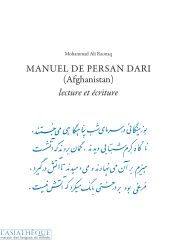Details
Format: Paperback
ISBN: 9782911053351
Collection: Hors Collection
13.5 x 21.5 cm
Weight: 375 gr
Pages: 272
First publication: 20/11/1997
CLIL: 3444
BISAC: LCO004020
Written in 1936, Kamayani is a modern epic built around the theme of the genesis of mankind as the outcome of the Flood.
Written in 1936, Kamayani is a modern epic constructed around the theme of the genesis of the human race at the end of the flood. This beautiful and poetic text is written in the style of Chayavad, "ombrisme," a school of thought mainly inspired by the English Romantic movement where nature and expression of feelings hold an important place. Questions which have tormented the human spirit for centuries are reviewed in a lyrical way, finding their inspiration in ancient Sanskrit literature and their outcome in the pursuit of supreme happiness, as perceived by the philosophy of Shivaism. The book has been coedited with UNESCO Press.
CONTRIBUTORS' BIOGRAPHIES
Jay Shankar Prasad
Jay Shankar Prasad (1890-1937) was a famous figure in modern Hindi literature as well as in Hindi theater.
Nicole Balbir
Nicole Balbir (1924-2008) has been Professor of French at University of Patna in India (1952-1955) and Hindi Professor at INALCO in Paris (1974-1992). Director of the South Asia Department, INALCO (1980-1990). Director of the Center for Studies and Research on the Indian Subcontinent, INALCO (1976-1992). She is the co-author of Dictionnaire hindi-français, and author of the preface to the book Kâmâyanî, both published by l'Asiathèque.
TABLE OF CONTENTS
Préface
Introduction
Avant-propos (Foreword)
Kamayani
I. Contemplation
Notes
II. Espoir (Hope)
Notes
III. Foi (Faith)
Notes
IV. Amour (Love)
Notes
V. Passion
Notes
VI. Pudeur (Power)
Notes
VII. Action
Notes
VIII. Jalousie (Jealousy)
Notes
IX. Intellect
Notes
X. Rêve (Dreams)
Notes
XI. Combat
Notes
XII. Repentir (Repentance)
Notes
XIII. Vision
Notes
XIV. Mystères (Mystery)
Notes
XV. Félicité suprême (Supreme happiness)
Notes










